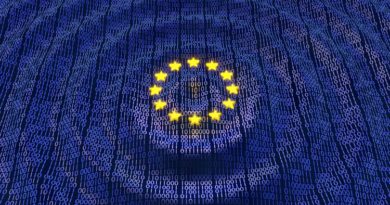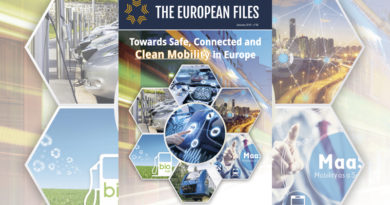
The EU recovery package and the 2021-2027 budget: useful levies to foster a European strategic autonomy?
The quest for strategic autonomy has been a long-standing European ambition but not always well accepted among Member States. While some of them associated it with the building of a European sovereignty and feared it would lead to the creation of EU competences in sectors critical for their national sovereignty, others considered it as a vector of protectionism. Yet strategic autonomy was at the core of the first European policy launched in 1962, the Common Agricultural Policy (CAP), which initial goal was to make Europeans self-reliant by ensuring a stable supply of affordable food. Several milestones in the European integration contributed to build an economic and commercial powerbase through the Single Market, the Schengen area, the Eurozone or the recently agreed Union’s borrowing capacity on capital markets to invest and reform. The ability to export standards globally, in particular in health, safety, food or the environment, is another dimension of the EU’s strategic power.
The outbreak of the COVID-19 pandemic has however exposed major European vulnerabilities, in particular the over-reliance of strategic industries on external supply sources in key value chains. In times of increasing trade tensions at global level and of deep crisis within the multilateral trading system, advocating for an open European strategic autonomy is more than a mere foreign policy issue but rather an imperative.
With competing heavyweights such as the USA or China, the EU is the only vehicle through which Europeans can reach an adequate degree of strategic autonomy and remain shaping powers at global level.
As MEPs and Member States are currently negotiating the 2021-2027 long-term EU budget and the recovery plan, it is the appropriate time to rethink our approach towards a European strategic autonomy and to analyse to what extent budgetary instruments can contribute to this ambition. They should be levied as following: first in a proactive way by ensuring our self-reliance through targeted investments in critical goods and infrastructures and secondly in a defensive way by protecting our Single Market from foreign unfair practices hampering European interests.
Building a new investment strategy to increase the competitiveness, autonomy and resilience of the EU and to address the unprecedented social and economic challenges has been rightly identified by the Commission as a top priority for the next seven years. Several budgetary instruments in the MFF and recovery package are designed to fulfil that purpose. Among these instruments is InvestEU, using an EU budget guarantee to boost public and private investments. In May, the Commission reviewed the text to include explicitly in its remit investments securing the supply of critical resources (medical products, transformative digital technologies, etc). However, Member States drastically reduced the InvestEU budget. Financial flows were in fact redirected to programmes for which Member States have a stronger decision making power. This is the case of the Recovery and Resilience Facility (RRF), which will provide financial support to Member States through loans and grants based on national recovery and resilience plans assessed by the Commission. But the guidance issued in September by the Com- mission on how Member States should spend the money from the RRF is very diffuse and barely mentions the EU strategic autonomy as an objective. National political pressures on these plans are largely expected and risk divert money from strategic investments with a European added value. In the end, the Commission does not have any tangible levy to make sure that financial flows from the RRF are channelled towards projects contributing to the EU’s strategic autonomy.
In this context, intensifying and better targeting strategic investment flows will not be enough.
We also need a more defensive approach protecting our European companies through rules, values-based and fairer trade and the fight against unfair competition (including social and environmental dumping).
Own resources for the EU budget, such as a digital levy or a carbon adjustment mechanism, are part of the solution. Their benefits are to protect European industries, to ensure that our standards are not undone by countries with weaker standards and to bring our trading partners to move ahead with similar climate ambitions. Hence, granting access to the Single market at conditions reflecting our standards and values is an essential dimension for strengthening our strategic autonomy while preserving the benefits of an open economy. In addition, the introduction of a basket of new own resources will represent new sources of revenue to the EU budget and could facilitate a better focus of future investments at Union level on priority strategic areas.
Overall, financial tools, whether used in a proactive or defensive way, will not be sufficient for the EU to be considered as a powerful and sovereign actor on the international stage. Political guidance needs to be provided on how financial resources are channelled towards strategic projects with a European added value. To that purpose, EU competences are required in critical sectors such as health, industry or defence, all of these sectors playing a pivotal role in building a strategic autonomy in today’s world. Without any EU competencies in these critical sectors, the financial resources deployed through programmes managed by Member States will not have the firepower needed to make the EU a shaping power with strategic autonomy on the global stage.




